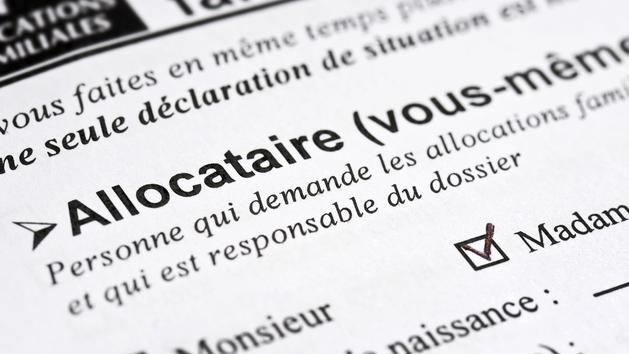At the end of 2018, in France, half (53%) of the 6.6 million people benefiting from guaranteed minimum incomes are poor "in living conditions", that is to say experiencing budgetary constraints in daily life, reveals a Drees study released this Wednesday. This figure rises to 61% for those who depend on one of the 10 social minima (RSA, ASS for the unemployed at the end of entitlement, AAH for disabled adults, ADA for asylum seekers, ASV and Aspa for people elderly, etc.) but remains contained at 46% for beneficiaries of the activity bonus.
Read also: Secours Catholique once again warns of the extent of poverty in France
Thus, 54% of beneficiaries of guaranteed minimum income fail to cover all their current expenses and more than a quarter had late payments in 2018. Almost 65% said they were subject to significant consumption restrictions, six times more than the general population (10%). Thus, food remains a major subject: 35% cannot afford to eat meat or fish every other day, and 9% of them, or 600,000 people, receive food aid or food given by those around them and declare that they could not live without them.
Read also: Between 6 and 7 years of income are necessary to buy a home
Housing is the other main pitfall. One in five guaranteed minimum income recipients experience housing difficulties and a third of RSA beneficiaries live in overcrowded accommodation. The most common difficulty is that of heating your home. Health is also a big black spot. Despite the implementation of PUMA (which replaced CMU) and 100% health, 18% of beneficiaries of guaranteed minimum income declare having renounced a doctor's consultation during the year for financial reasons and 29% to care dental.
Read also: Handicap: the number of beneficiaries of AAH has doubled since 1990
Among the beneficiaries of social minima, recipients of active solidarity income (RSA) and specific solidarity allowance (ASS) are the most exposed. Their situation is however relatively stable compared to 2012. Beneficiaries of the allowance for disabled adults (AAH) and the minimum old age are comparatively less poor, but they have seen their situation deteriorate since 2012, in particular in terms of consumption restrictions. . The government has decided to upgrade their benefit from 2018.

